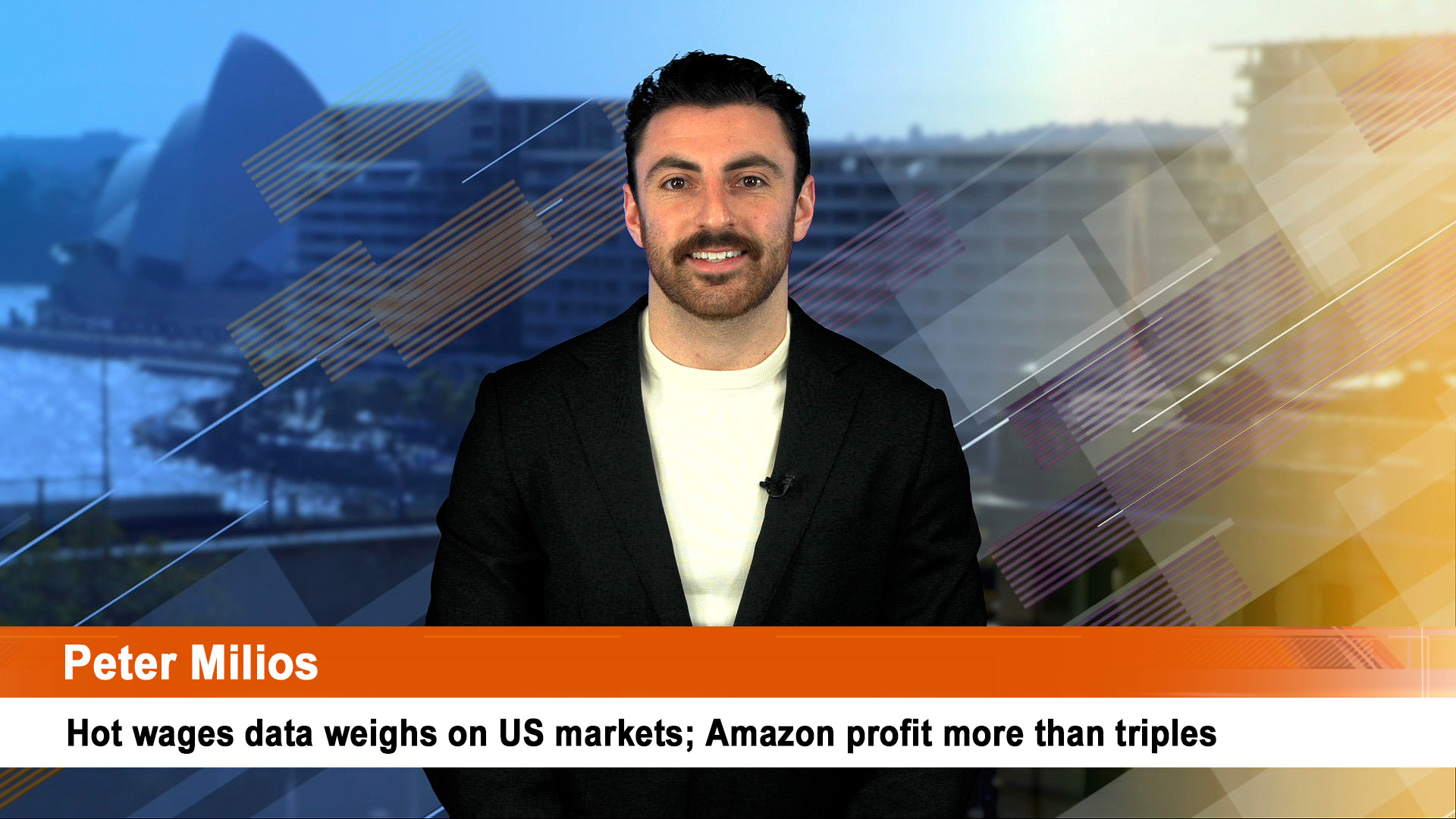Coronado Global Resources and Peabody Energy – each of which owns coal mines in Australia and the US – have ended discussions that would have created a company worth about $US6 billion.
The two companies say they have mutually agreed to end talks over combining to create a new global coal giant with mines straddling the major coal types – thermal and metallurgical (coking).
Neither company gave a reason for the failure of the talks.
The news knocked Coronado shares down 7% on the ASX yesterday to a closing price of $2.11.
Coronado announced the development in a filing to the ASX and Peabody, the largest US coal producer, confirmed the decision in emails to news media requests for comment.
Analysts said the idea of a merger between two coal miners with a similar geographic spread (Coronado is a smaller producer in terms of tonnage produced and sold) was suggestive of how investors saw new life for the sector in the wake of the surge in global thermal prices, especially after the Russian invasion of Ukraine in late February.
But first steel making or coking coal prices sagged from mid-year onwards and then thermal coal prices sold off in late October and last week, dropping by around 15% according to the Newcastle coal futures market, the main Asian benchmark.
Unless there’s more transparency on why the merger talks failed, any idea of a wave of consolidation in the global coal industry will be off until there’s a sustained fall in prices that forces the hand of management, boards and shareholders.
At around $US350 a tonne Newcastle thermal coal futures prices are still more than double their level at the beginning of the year, but prices further out in 2023 have fallen below $US300 a tonne.
Peabody last week reported third-quarter net income of $US375.1 million for the three months through September, compared with a $US44.2 million loss a year earlier (which was due to low prices and the cost of a hedging coal contract that went bad).
Neither company gave a reason for the failure of the talks. Coronado announced the development in a filing to the Australian Securities Exchange. Peabody, the largest US coal producer, confirmed in an emailed statement. Neither Peabody nor Coronado had disclosed terms of any potential merger.
Newcastle thermal coal futures – the global benchmark, have fallen around 15% since the bid was revealed in October. Higher interest rates, a stronger US dollar and growing concerns about 2023 demand seem to be behind the weakness.
The mooted tie-up had been seen as an indicator of how the coal-price surge that followed Russia’s invasion of Ukraine is transforming the sector’s fortunes.
At around $US350 a tonne, Newcastle coal futures are still more than double their level at the beginning of this year.
Peabody last week reported third-quarter net income of $US375.1 million for the three months through September, compared with a $US44.2 million loss a year earlier.
Coronado last week reported record year-to-date revenue of $US2.85 billion for the first 9 months of 2022, an increase of 108% over the same period of 2021. Revenue in the September quarter was $US874.7-million, down 15.3% from the record set in the June quarter.
Coronado paid another quarterly dividend and said it had so far distributed $US699 million to shareholders for the first 9 months of this year.













